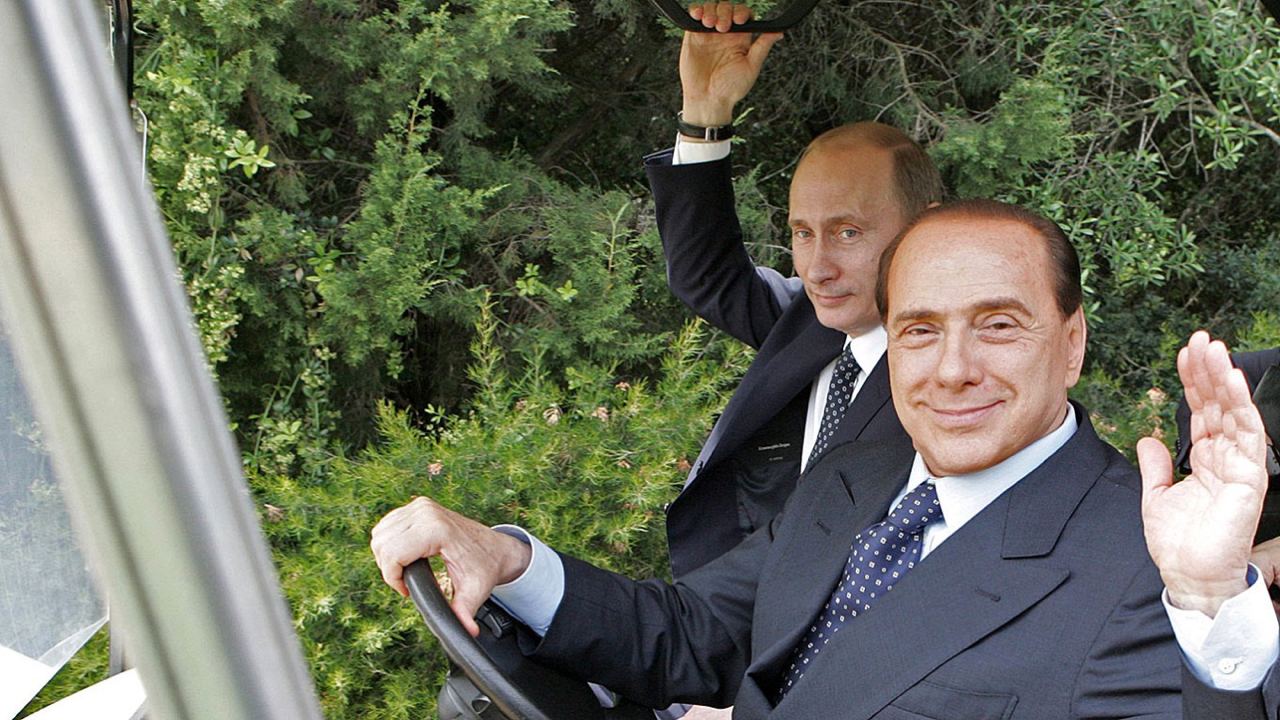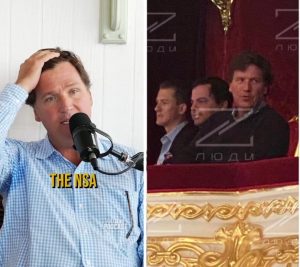Silvio Berlusconi, the boastful billionaire media mogul who was Italy’s longest-serving prime minister despite scandals over his sex-fuelled parties and allegations of corruption, has died, according to his television network Mediaset. He was 86.
Mediaset announced his death with a smiling photo of the man on its homepage and the headline: “Berlusconi is dead.” Italian news agency LaPresse reported Berlusconi’s death after he was hospitalized on Friday for the second time in months for treatment of chronic leukemia.
Also Read: From AC Monza to Fininvest, What businesses did Former Italian PM Silvio Berlusconi own?
Russian President Vladimir Putin called Italy’s Silvio Berlusconi a dear friend and an outstanding politician in a tribute to the former prime minister who died on Monday aged 86.
“For me, Silvio was a dear person, a true friend. I have always sincerely admired his wisdom, his ability to make balanced, far-sighted decisions even in the most difficult situations,” Putin said in a message of condolence.
Berlusconi will be remembered in Russia as a “consistent and principled supporter of strengthening friendly relations between our countries”, he said.
From 2000 onwards, during Putin’s early years in the Kremlin, Berlusconi developed tight ties with Moscow.
Both Berlusconi and Schroeder, who grew close to the Russian president after his 2014 annexation of Crimea from Ukraine, came under fire in the West for their support of him.
When he claimed that Putin had been “pushed” into invading Ukraine months earlier, Berlusconi faced criticism just before Italy’s elections last year.
Berlusconi was prime minister for just over eight months beginning in 1994 and then from 2001-2006 and 2008-2011. His Forza Italia political party was a coalition partner under the current prime minister, Giorgia Meloni.
The three-time prime minister was regarded by supporters as a skillful and charismatic leader who aimed to advance Italy on the international scene. To his detractors, he was a populist who threatened to destroy democracy by using political influence as a means of enhancing his personal wealth and his commercial interests.







